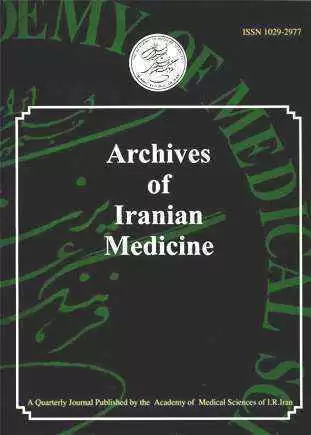Celiac.com 02/24/2014 - What kind of impact does gluten have in on the microbial gut activity of healthy people without celiac disease? A team of researchers set out to answer that question by studying the metabolism of gluten in healthy individuals, and the effects of gluten on their intestinal microbial activity.
 The research team included A. Caminero, E. Nistal, L. Arias, S. Vivas, I. Comino, A. Real, C. Sousa, J.M. de Morales, M.A. Ferrero, L.B. Rodríguez-Aparicio, and J. Casqueiro, all with the Área de Microbiología at the Universidad de León in León, Spain.
The research team included A. Caminero, E. Nistal, L. Arias, S. Vivas, I. Comino, A. Real, C. Sousa, J.M. de Morales, M.A. Ferrero, L.B. Rodríguez-Aparicio, and J. Casqueiro, all with the Área de Microbiología at the Universidad de León in León, Spain.
Celiac.com Sponsor (A12):
The team analyzed fecal samples from eleven healthy subjects under four different diet regimens: a normal gluten diet, a strict gluten-free diet (GFD), a GFD with a supplemental intake of 9 g gluten/day and a GFD with a supplemental intake of 30 g gluten/day.
In each case, they measured gluten content, fecal tryptic activity (FTA), short-chain fatty acids (SCFAs) and fecal glutenasic activity (FGA). Fecal gluten contents, FTA, SCFAs and FGA varied sharply, according to levels of dietary gluten intake.
When patients received high gluten doses, over 30 grams per day, they showed sharply higher SCFA concentrations of around 70.5 mmoles per kg of feces, compared with concentrations of around 33.8 mmoles per kg feces during the gluten-free phase of the experiment.
However, the FTA showed significant differences between the GFD (34 units) and the normal gluten-containing diet (60 units), and also between the GFD and the GFD + 30 g of gluten/day (67 units).
In every case, when patients regularly consumed gluten, gluten was detected in the feces. This demonstrates that at least a portion of the ingested gluten is eliminated in the large intestine, thus offering a substrate for intestinal microbial proteases.
The results also showed that fecal glutenasic activity increased proportionally with dietary gluten, showing an enzymatic activity of 993 units in DSG, 2,063 units in DSG + 9 g and 6,090 units in DSG + 30 g.
Gluten consumption definitely influences the activity of intestinal microbes, and also increases gluten proteolytic activity in the feces of healthy, non-celiac individuals. Undoubtedly, more research needs to be done to determine what, exactly these findings mean for the study of celiac disease.
Source:
- Open Original Shared Link







Recommended Comments